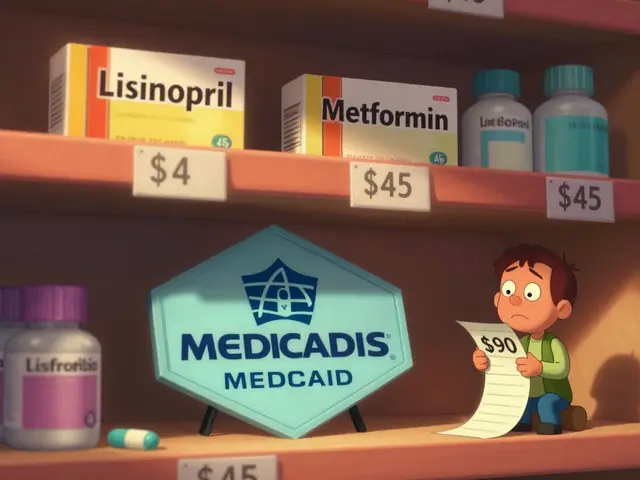Nutrition and Supplements: Practical guides for real life
Want fewer pills and better results? This category covers simple, evidence-aware advice on vitamins, antioxidants, and food choices that actually help. I focus on practical tips you can use today — which supplements are worth trying, how to combine them with food, and what to avoid if you take prescription drugs.
Read short guides that get to the point. For example, our Superoxide Dismutase article explains what SOD does, where it comes from, and the real-world ways people add it to their routine. The piece breaks down the science without the fluff and points out which supplements use melon or plant extracts and why absorption matters.
Smart supplement choices
Supplements can help, but not all are equal. Look for clear labeling, third-party testing, and realistic claims. For heart health, try a daily handful of nuts and seeds: almonds, walnuts, flax, or chia. The article on managing hypercholesterolemia shows how 20–30 grams a day can lower LDL when paired with fiber and a modest calorie plan. Don’t substitute pills for whole foods — think of supplements as support, not a replacement.
If you take medications, food and supplements can change how drugs work. The Acitretin and Diet post warns that acitretin interacts with vitamin A and alcohol; combining high-dose vitamin A or drinking alcohol can increase side effects and long-lasting metabolites. If you’re on acitretin, ask your prescriber about safe foods, avoid alcohol, and don’t start high-dose vitamin A supplements without guidance.
Practical tips you can use today
Start simple: pick one habit, like adding nuts to breakfast or swapping a snack for a seed mix. When choosing an antioxidant supplement like SOD, pick brands that explain source and dose. Track results for four to eight weeks and note changes in energy, digestion, or skin. If you’re managing cholesterol, combine nuts and seeds with soluble fiber — oats, beans, or psyllium — for better results.
Safety check: tell your doctor about every supplement you take. Some herbal extracts and concentrated antioxidants can interact with drugs or affect lab tests. Pregnant people and those trying to conceive should be extra careful — acitretin, for example, is highly risky in pregnancy.
When picking supplements, check the serving size and active ingredient amount, not just the total capsule weight. Avoid proprietary blends that hide doses. For enzymes like SOD, look for delivery forms that protect the enzyme from stomach acid. Keep supplements in a cool, dry place and follow expiration dates. If you take blood thinners, statins, or diabetes meds, ask your pharmacist about possible interactions — even common herbal teas can matter. Small changes add up when you make choices consistently. Start small, track results, and adjust with professional advice regularly.
Want curated reads? Start with the SOD guide to learn about antioxidant choices, follow with the acitretin diet article if you’re on treatment, and read the nuts-and-seeds post for cholesterol-friendly swaps. Browse these posts to build a plan that fits your life, not a one-size-fits-all routine.
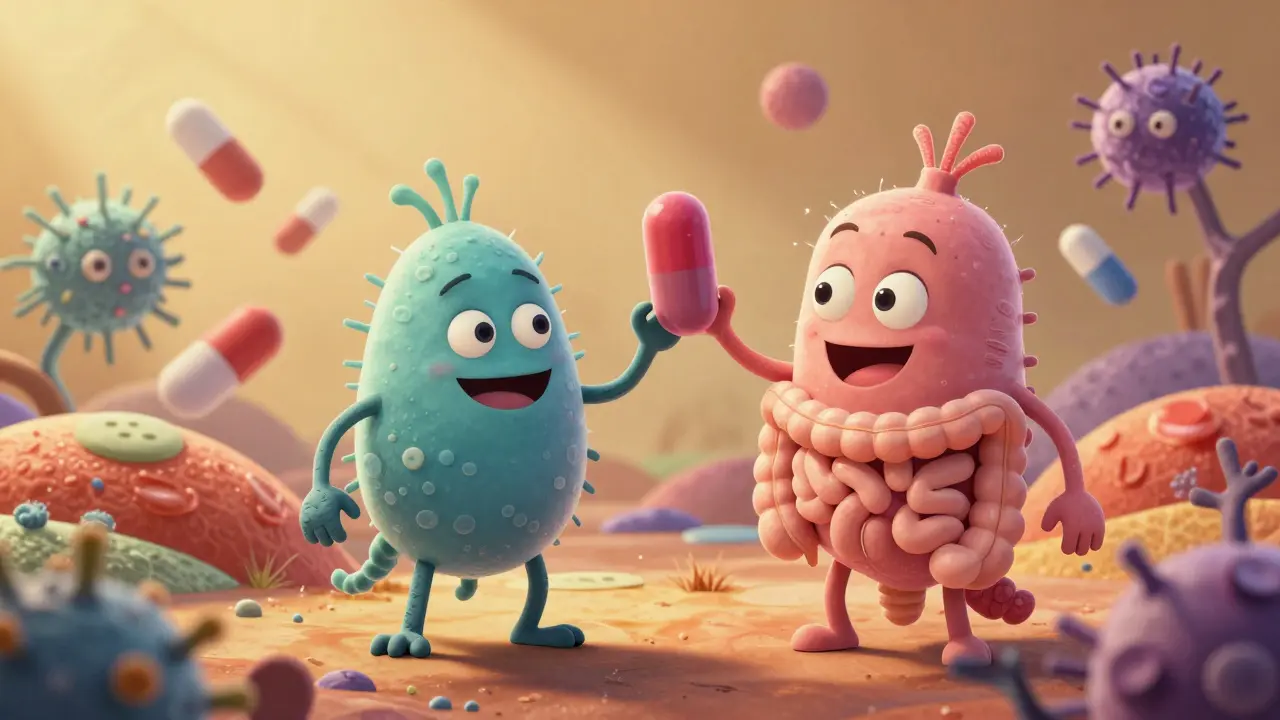
Probiotics and Gut Health: What the Science Really Says About Digestive Supplements
Probiotics can help with antibiotic-associated and infectious diarrhea in children, but their benefits for IBS, Crohn's, or general gut health are mixed. Choose strains backed by science, not marketing.

Ulcerative Colitis Meal Plan Guide: Easy Steps & Sample Recipes
Learn how to design a ulcerative colitis‑friendly meal plan with simple steps, food lists, a 7‑day sample menu, and practical tips for managing flare‑ups.
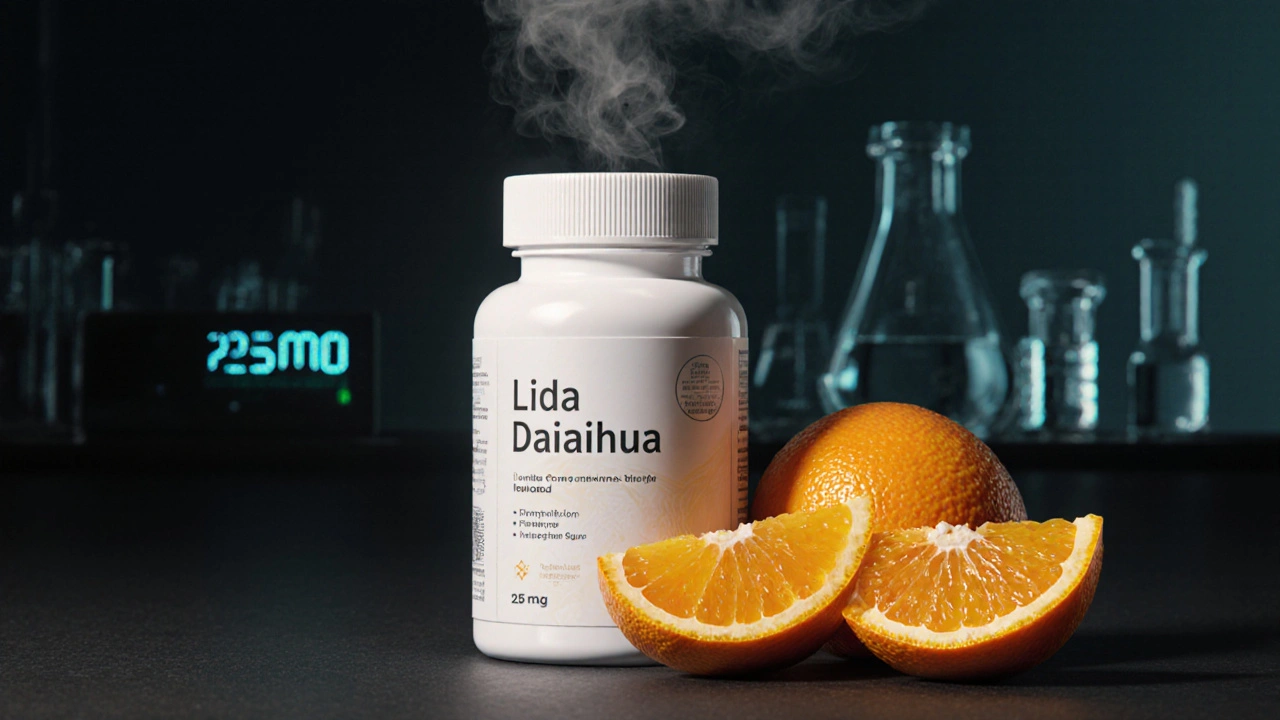
Lida Daidaihua (Synephrine) vs. Common Alternatives: Which Thermogenic Wins?
A detailed comparison of Lida daidaihua (Synephrine) with common thermogenic alternatives, covering mechanisms, safety, legality, and best‑use scenarios for weight‑loss seekers.
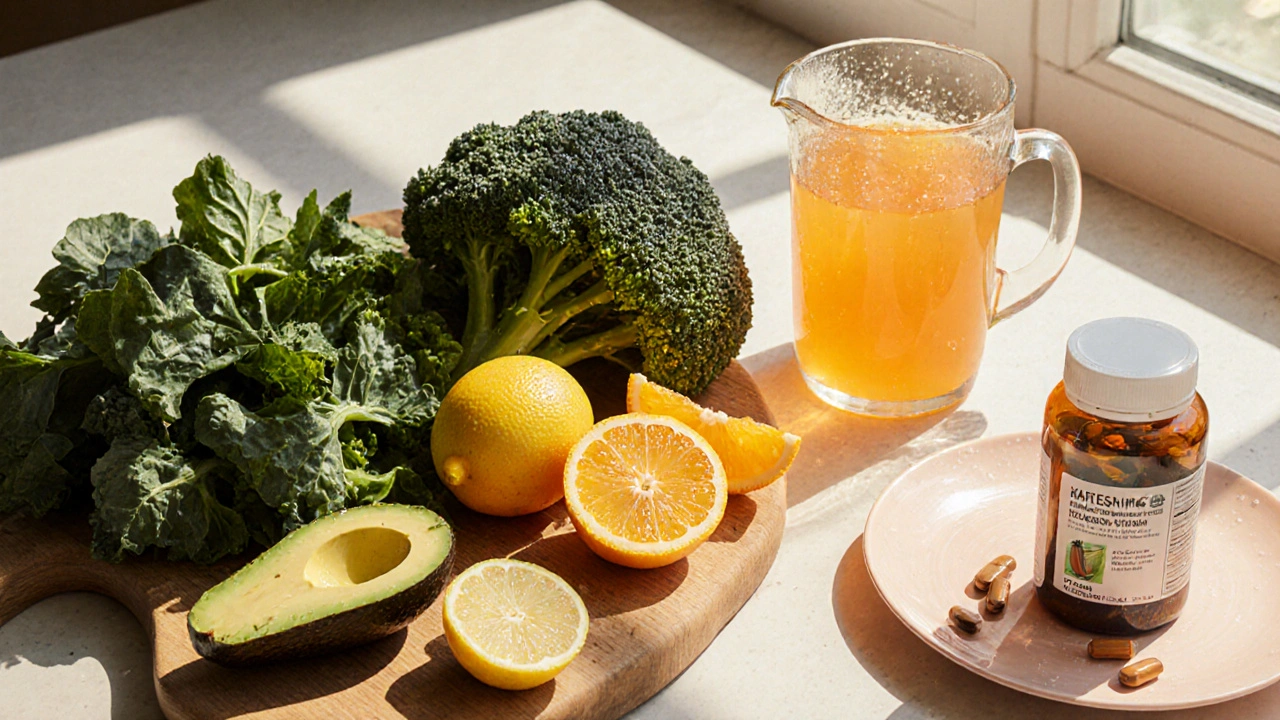
Folate Deficiency Myths Busted: Real Facts About Vitamin B9 and Health
Discover the truth behind folate deficiency myths, learn how to spot real symptoms, and get practical tips for diet and supplementation to stay healthy.

Parsley Piert (Aphanes arvensis): What It Is, Real Benefits, and Safe Uses
Curious about parsley piert? Learn what it is, the real benefits, safety, how to identify and use it, plus simple prep tips backed by evidence and field know-how.
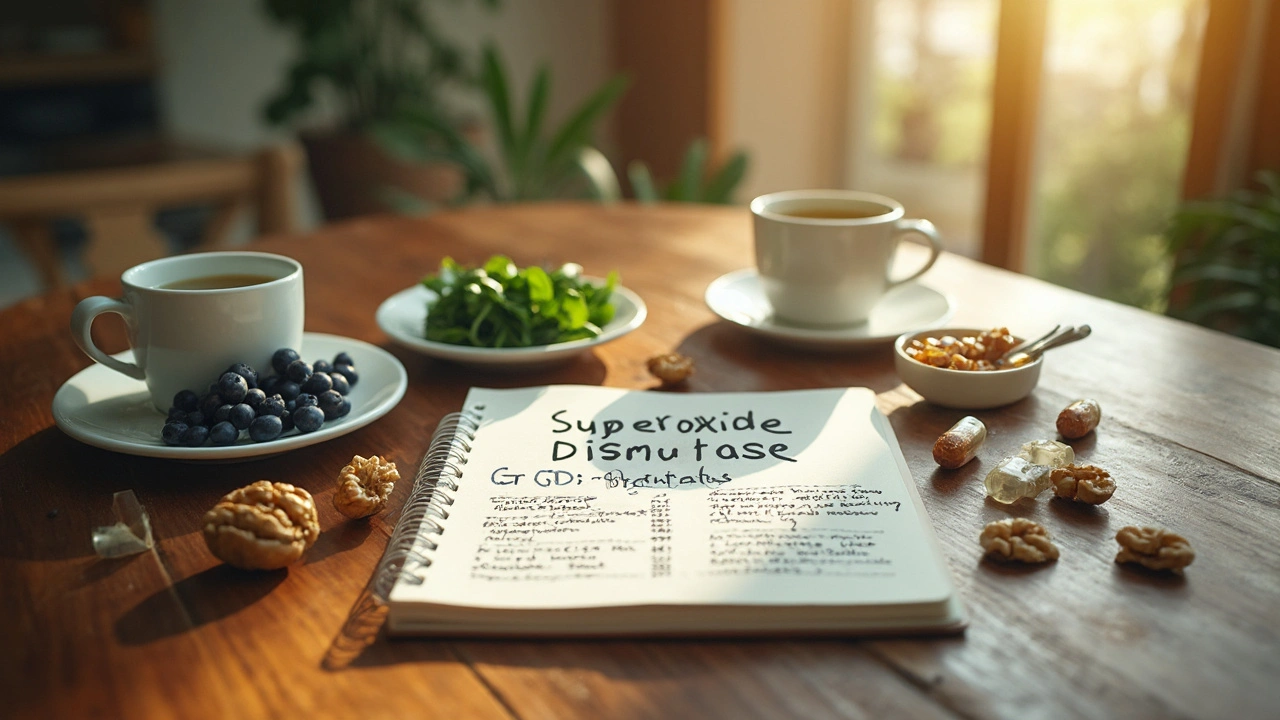
Superoxide Dismutase Supplement: Unlocking Next-Level Antioxidant Benefits
Superoxide dismutase (SOD) stands out as a powerful antioxidant supplement with the potential to transform health routines. This article uncovers why SOD matters, how it protects against oxidative damage, the possible perks for anti-aging, and practical ways to include it in your diet. Discover specific facts, get evidence-based tips, and see if this is the supplement your body truly needs. The guide covers science, supplementation, and the latest trends in SOD use for modern lifestyles.
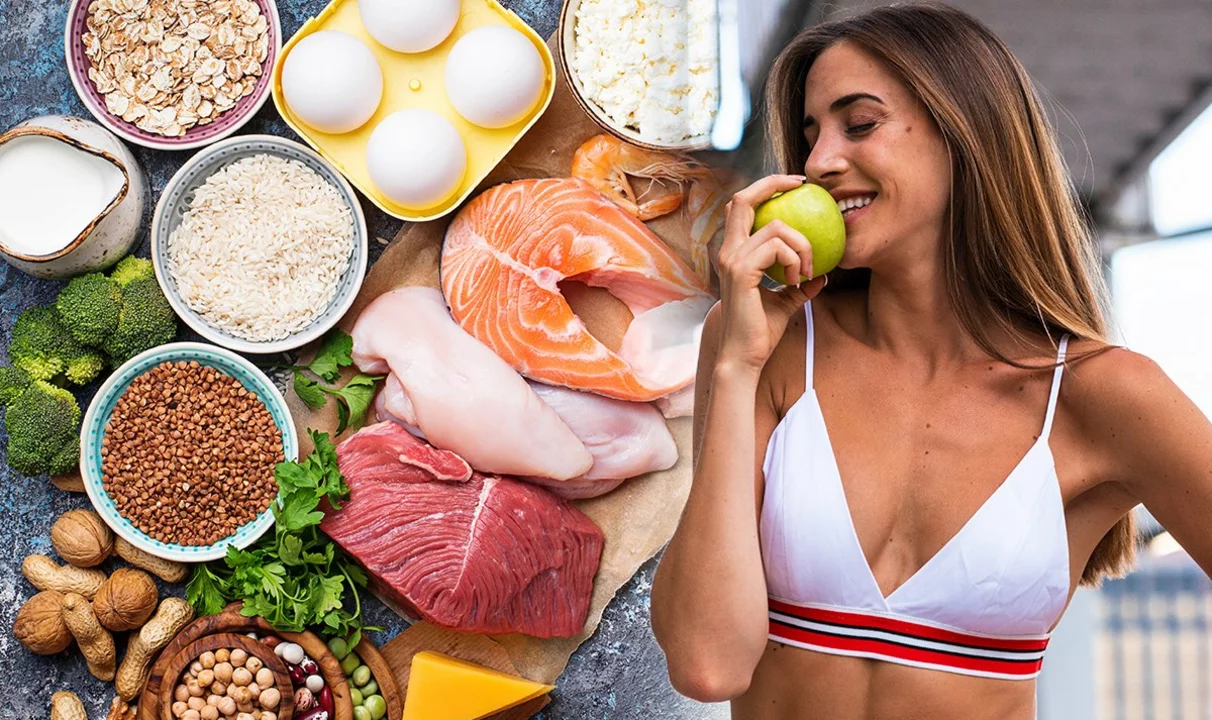
Acitretin and Diet: Can Certain Foods Help or Hurt Your Treatment?
In today's blog post, we'll be discussing Acitretin and its relationship with our diet. Acitretin is a medication used to treat severe psoriasis, and certain foods can impact its effectiveness. It's important to understand which foods can help or hinder our treatment to ensure the best possible results. We'll explore some beneficial foods to include in our diet while taking Acitretin, as well as those we should avoid. Stay tuned for some valuable insights on managing your psoriasis treatment through dietary choices!
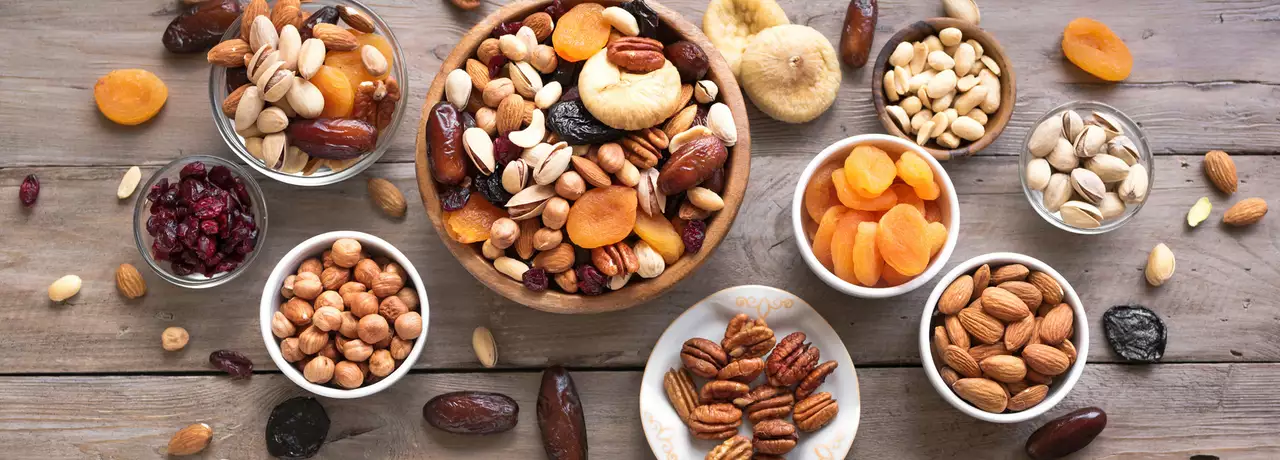
The Role of Nuts and Seeds in Managing Hypercholesterolemia
As a health-conscious individual, I've recently discovered the importance of nuts and seeds in managing hypercholesterolemia. These nutrient-dense foods are packed with heart-healthy fats, fiber, and other essential nutrients that can help lower cholesterol levels. By incorporating a variety of nuts and seeds, such as almonds, walnuts, flaxseeds, and chia seeds, into our daily diet, we can potentially decrease the risk of heart disease. It's truly fascinating how these small yet powerful food items can make such a significant impact on our overall health. I'm definitely going to make a conscious effort to include more nuts and seeds in my meals from now on.
Categories
- Medications (70)
- Health and Medicine (60)
- Health and Wellness (36)
- Online Pharmacy Guides (16)
- Nutrition and Supplements (8)
- Parenting and Family (3)
- Environment and Conservation (2)
- healthcare (2)
- prescription savings (1)



